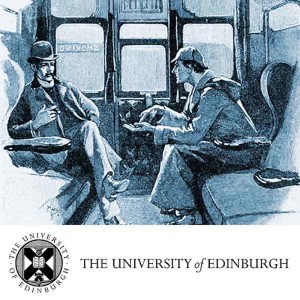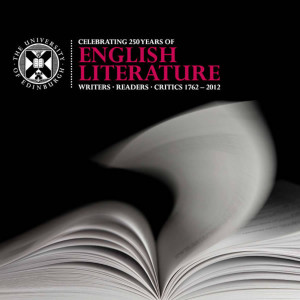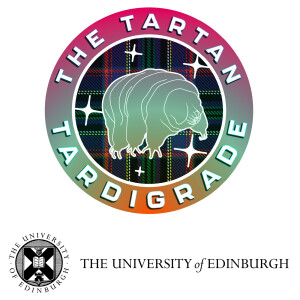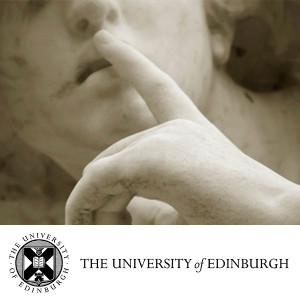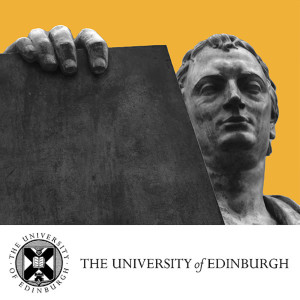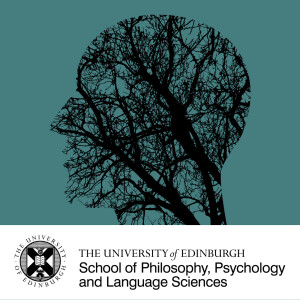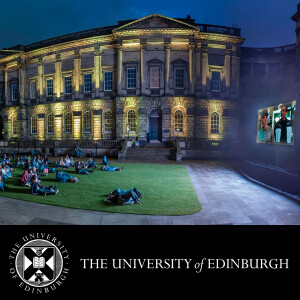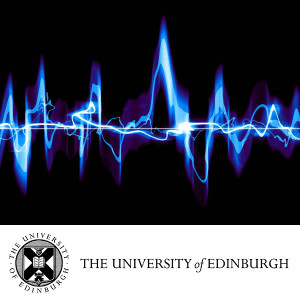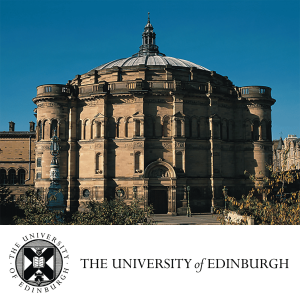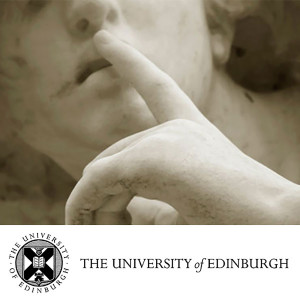

Gifford Lectures (audio)
http://www.kaltura.com/api_v3/getFeed.php?partnerId=2010292&feedId=1_uur0dl49Episode List

Diana Eck - The Civic Perspective: Citizens, Nations, and the Challenges of Religious Pluralism
The second in a series of Gifford Lectures by Prof Diana Eck. Recorded 28 April 2009 at The University of Edinburgh. Multireligious societies have long been a historical reality in some parts of the world. Today, however, there are many recently-multireligious societies, especially in the west, where people of different faiths live in close proximity and struggle with religious difference as citizens of a common society. What are the challenges to the common "we" in the context of religious difference? What does religious pluralism mean for nations with large majorities and insecure minorities? What do "nations" mean in a world in which the movement of people and ideas is constant, with migrations that are not one-way, but back-and-forth, as people participate in the life and aspirations of more than one society? Listen to podcast

Diana Eck - The New Cosmopolis: Cities and the Realities of Religious Pluralism
The third in a series of Gifford Lectures by Prof Diana Eck. Recorded on 30 April 2009 at The University of Edinburgh. Cities are the focal point of religious pluralism, for in cities the cultures and traditions of the world are concentrated. They are, as Lewis Mumford put it, "energy converted into culture." The term "cosmopolis" has long signaled the world-city, and indeed some of the great cities of the world have had a cosmopolitan texture for many centuries. Today, however, the number of new cosmopolitan cities has grown exponentially. While London, New York, and Mumbai may still be the great examples of world-cities, Leeds, Detroit, Boston, and Toronto also concentrate the energies of complex cultures. Even smaller cities, like Fremont, California, have significant Sikh, Muslim, Hindu, and Buddhist populations. What critical challenges have cities faced as they become more religiously and culturally diverse? How have these challenges been faced, negotiated? What new forms of city life are emerging? What new forms of religious life, including rapidly growing interfaith initiatives, are emerging in the urban environment? Listen to podcast

Diana Eck - Religious Views of Religious Pluralism I
The fourth in a series of Gifford Lectures by Prof Diana Eck. Recorded 4 May 2009 at The University of Edinburgh. Religious diversity poses questions that are not only global, national, and civic, but also theological. In 1910, the World Conference on Mission convened in Edinburgh and addressed the world's religions from the standpoint of Christian missions. Today, as people encounter neighbors of other faiths, face to face, and as communications enable people of every faith to know those of other faiths, what new theological questions do we and others pose about our own faith? How is the "truth" of each tradition challenged in the face of other faiths and truth claims? Judaism, Christianity, and Islam are increasingly referred to as the "Abrahamic" faiths, indicating a common prophetic ancestor in the figure of Abraham. Abrahamic dialogue is on the rise. What assessment do we have of these dialogues? Listen to podcast

Diana Eck - Religious Views of Religious Pluralism II
The fifth in a series of Gifford Lectures by Prof Diana Eck. Recorded 5 May 2009 at The University of Edinburgh. Looking more broadly, the religious traditions of the Indic world have distinctive views on religions, on the diversity of religions and the engagements we would call pluralism. Buddhist, Jain, Hindu, Sikh, and Muslim communities have lived in complex relationship with one another, with distinctiveness as well as common discourse. Discussions of pluralism and its relation to secularism are lively in these traditions today. How do some of today's thinkers and spiritual leaders articulate the dilemmas of religious "truth" and the religious other? How do they relate their Asian traditions to the globalization of religion? Listen to podcast

Diana Eck - The Pluralism Within
The final in a series of Gifford Lectures by Prof Diana Eck. Recorded 7 May 2009 at The University of Edinburgh. Religious pluralism is not only a fact of global and local encounter of religious communities, but it is increasingly part of the lives of people in many parts of the world who identify with more than one religious tradition. The phenomenon of multiple religious belonging is part of families in which parents affiliate with different religious communities; it is part of the inner landscape of students and seekers who find significant meaning and direction for their own lives not only in their tradition of birth, but in other traditions and spiritualities. How is this fluid border-crossing transforming the "religions," so often thought of as separate? Listen to podcast
You may also like
Create Your Podcast In Minutes
- Full-featured podcast site
- Unlimited storage and bandwidth
- Comprehensive podcast stats
- Distribute to Apple Podcasts, Spotify, and more
- Make money with your podcast
